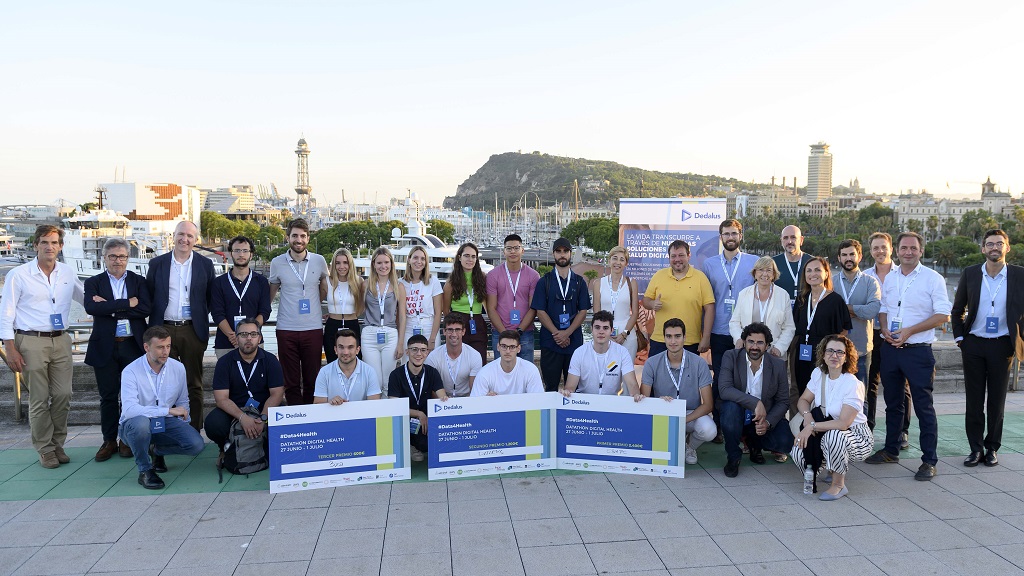
The fintech, co-founded by the venture builder Nuclio, financed with 10 million euros in loans to SMEs and businesses in 2022, its first year of activity. The company provides cash advances to businesses and the self-employed to help the microenterprise, which faces great difficulties in accessing financing despite being the main engine of economic development. Its purpose is to democratize access to financing so that companies with cash problems can access it, especially in times of economic uncertainty like the present.
In 2022, Kintai served more than 300 clients, it carried out 500 operations and invoiced 400 thousand euros, with a staff of 20 employees. By 2023, it plans to serve 500 customers, carry out 800 operations and bill at least three times more than last year, exceeding one million euros in its second year of activity.
After having recently raised 2.5 million euros between equity and debt, the fintech has opened a series A financing round, which is expected to close in the second half of the year. Its goal is to raise 25 million euros of debt in 2023 and raise an equity round every year from now on. In addition, it plans to begin its international expansion by associating with large companies that operate in Europe and Latin America.
Kintai co-founder and CEO, Ignasi de Llorens, states that “We are very satisfied with our first year of operation because the reception of the product has been very good, which clearly shows that it was a necessary product for SMEs and businesses in Spain. Now we are developing new products that we will be launching during this 2023”.
How does it work?
Kintai finances businesses with an advance on their future billing, analyzing their bank movements in recent months and calculating default risk with bank aggregation technology and other mechanisms, which allow for much higher levels of client qualification than the usual financing instruments, with acceptance rates at Kintai between 70% and 90%.
once granted cash advance, Customers can amortize it in flexible installments by paying a percentage of each payment they receive from their customers through bank transfer or direct debit, POS, Bizum and PISP, among others. With this new way of accessing credit, businesses can be financed without guarantees or endorsements, turning a process that takes weeks or months into a matter of a few days.
The open banking systems allow the fintech to perform a predictive analysis of cash generation in real time, using alternative sources of information and risk models that are more effective than traditional models, which are based on financial ratios from unaudited and outdated accounts.
In addition, thanks to programmatic solutions for connection between services, the startup can adapt and operate within other platforms (embedded finance), which makes it a highly flexible solution on the market and usually brings extra benefits for the client, such as an increase sales, among others. Artificial intelligence models, checking account control tools or collection management tools such as POS terminals are elements that discover new credit opportunities.


